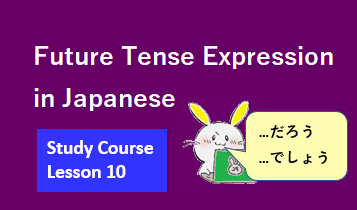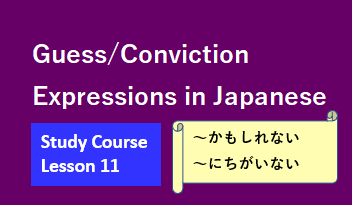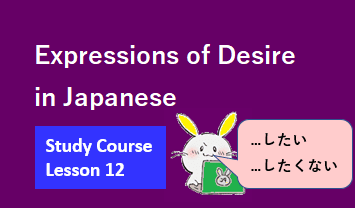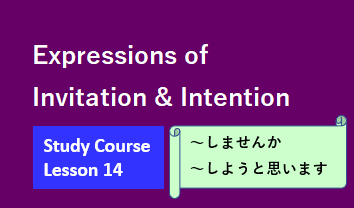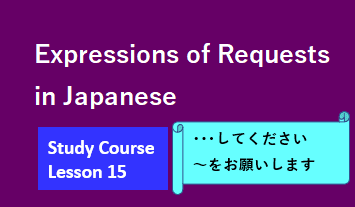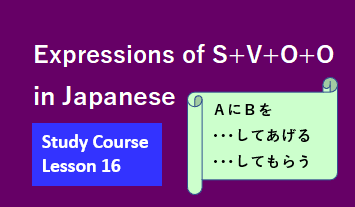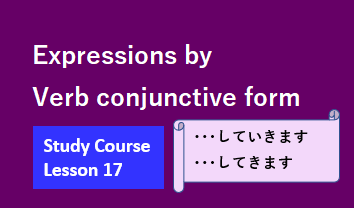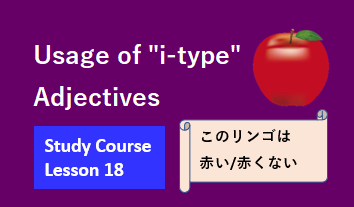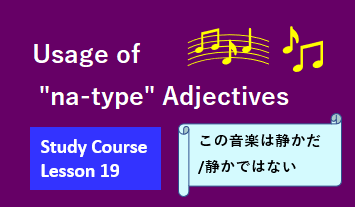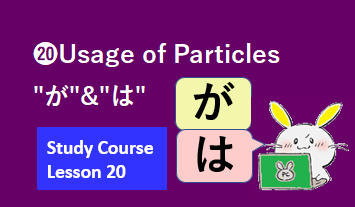Japanese Study Course Lesson13

In lesson 13, we will study the expressions of permissions and prohibitions , such as "Can I …" or "You can …" for permissions, and "do not …", "must not …", "should not …" for prohibitions. For example, if you want to say, "Can I go to Shibuya with my friends tomorrow?" in Japanese, you would politely say "私は明日、友達と渋谷に行ってもいいですか。".
13-1 Expressions of permissions
(1)・・・してもいいか/・・・してもいいですか
Expressions of permissions ➡ "Verb( conjunctive form )+て+も+いいです"
- Can I go to Shibuya with my friends tomorrow?
- Ordinary:私は明日、友達と渋谷に行ってもいいか。
- Politely:私は明日、友達と渋谷に行ってもいいですか。
- Replacing "いいか" with "いいですか" makes it more polite.
- The ordinary sentence can also be expressed as "私は明日、友達と渋谷に行ってもいい?", and the interrogative particle "か" can be omitted.
◆Detailed explanation
- Ordinary:私は明日、友達と渋谷に行ってもいいか。
- Polite:私は明日、友達と渋谷に行ってもいいですか。
- 私(subject)+は(nominative particle)+明日(time)
- +友達(object)+と(objective particle, together)
- +渋谷(place)+に(objective particle, place)
- +行っ(verb "行く", conjunctive form)+て(conjunction particle)+も(adverbial particle)
- +いい(noun)/ +いい(noun)+です(auxiliary verb, polite affirmation)
- +か(ending particle, question)。
◆Advanced Study Conjugation of the verb "行く"(Five-step)
| Negative form 行か(ない) Auxiliary verb "ない" is added after | 今日の午後、私は図書館に行かない。 I will not go to the library this afternoon. |
| Consecutive form 行き(ます/ました/ません) Auxiliary verb "ます/ました/ません" is added after | 私は去年北海道に行きました。 I went to Hokkaido last year. |
| Past tense form 行っ(た) Auxiliary verb "た" is added after | 私は北海道に行ったことがありません。 I have never been to Hokkaido. |
| Conjunctive form 行っ(て) Conjunction particle "て" is added after | 私は明日、友達と渋谷に行ってもいいですか。 Can I go to Shibuya with my friends tomorrow? |
| Basic form 行く | 行く go |
| Adnominal form 行く(+noun) Noun is added after | 図書館に行くときには必ず私も誘ってくださいね。 When you go to the library, be sure to invite me too. |
| Hypothesis form 行け(ば) Conjunction particle "ば" is added after | 渋谷に買い物に行けば、欲しいものが見つかるよ。 If you go shopping in Shibuya, you'll find what you want. |
| Imperative form 行け | ゆっくり朝食を食べていないで、早く学校に行け! Don't eat breakfast slowly, go to school early! |
| Intentional form 行こ(う) Auxiliary verb "う" is added after | 彼は来年日本に行こうと思い、そのため毎日おこづかいを貯金しています。 He plans to go to Japan next year, so he is saving his pocket money every day. |
The conjugation form of the verb "行く" takes the form of "ka, ki, ku, ke, ko" like "行かない, 行きます, 行く, 行けば, 行こう", so it is called the five-step conjugation of verbs.
(2)~でもいいか/~でもいいですか
Expressions of permissions ➡ "Noun+でも+いいです"
- I'm busy right now, so can I call you at night?
- Ordinary:今忙しいので、電話するのは夜でもいいか。
- Politely:今忙しいので、電話するのは夜でもいいですか。
- Replacing "いいか" with "いいですか" makes it more polite.
- The ordinary sentence can also be expressed as "今忙しいので、電話するのは夜でもいい?", and the interrogative particle "か" can be omitted.
◆Detailed explanation
- Ordinary:今忙しいので、電話するのは夜でもいいか。
- Polite:今忙しいので、電話するのは夜でもいいですか。
- 今忙しい(adjective predicate)+ので(conjunction)、
- +電話するの(subject)+は(nominative particle)
- +夜(noun)+でも(adverbial particle)
- +いい(noun)/ +いい(noun)+です(auxiliary verb, polite affirmation)
- +か(ending particle, question)。
- ※「電話するの(subject)」➡電話する(verb, adnominal form)+の(case particles)
◆Advanced Study "Verb, adnominal form + の(case particles)"
- By using the "Verb, adnominal form + の(case particles)", adnominal forms of verbs can be used as subjects in the same way as nouns.
- It is used in the form of "Verb, adnominal form + の(case particles)".
- For example, Yesterday was Sunday, so I woke up at 11:00 am. 昨日は日曜日だったので、起きたのは午前11時でした。
- I'm busy right now, so can I call you at night? 今忙しいので、電話するのは夜でもいいですか。
13-2 Expressions of prohibitions
(1)・・・してはいけない/・・・してはいけません
Expressions of prohibitions ➡ "Verb( conjunctive form )+て+は+いけません"
- You must not go to Shibuya with your friends tomorrow.
- Ordinary:あなたは明日、友達と渋谷に行ってはいけない。
- Politely:あなたは明日、友達と渋谷に行ってはいけません。
- Replacing "いけない" with "いけません" makes it more polite.
◆Detailed explanation
- Ordinary:あなたは明日、友達と渋谷に行ってはいけない。
- Polite:あなたは明日、友達と渋谷に行ってはいけません。
- あなた(subject)+は(nominative particle)+明日(time)
- +友達(object)+と(objective particle, together)
- +渋谷(place)+に(objective particle, place)
- +行っ(verb "行く", conjunctive form)+て(conjunction particle)+は(adverbial particle)
- +いけない(collocation phrase)/ +いけません(collocation phrase)。
◆Advanced Study Collocation phrase "いけない/いけません"
| いけない | Category: collocation phrase Meaning: expressions of prohibitions, must not Advanced commentary: いけない ➡ いけ(verb "行ける", negative form)+ない(auxiliary verb, negation) |
| いけません | Category: collocation phrase Meaning: polite expressions of prohibitions, must not Advanced commentary: いけません➡いけ(verb "行ける", consecutive form)+ませ(auxiliary verb"ます", negative form)+ん(auxiliary verb, negation) |
(2)・・・してはだめだ/・・・してはだめです
Expressions of prohibitions ➡ "Verb( conjunctive form )+て+は+だめです"
- You shouldn't drink a lot of alcohol every day.
- Ordinary:あなたは毎日大量にお酒を飲んではだめだ。
- Politely:あなたは毎日大量にお酒を飲んではだめです。
- Replacing "だ" with "です" makes it more polite.
◆Detailed explanation
- Ordinary:あなたは毎日大量にお酒を飲んではだめだ。
- Polite:あなたは毎日大量にお酒を飲んではだめです。
- あなた(subject)+は(nominative particle)
- +毎日(time)+大量に(adverb)
- +お酒(object)+を(objective particle)
- +飲ん(verb "飲む", conjunctive form)+で(conjunction particle)+は(adverbial particle)
- +だめ(noun)+だ(auxiliary verb, affirmation)/ +だめ(noun)+です(auxiliary verb, polite affirmation)。
◆Vocabulary note
| 毎日 :(noun) everyday 大量に:(adverb) a lot お酒 :(noun) alcohol 飲む :(verb) drink |
(3)・・・しないで/・・・しないでください
Expressions of prohibitions ➡ "Verb( negative form )+で+ください"
- Don't drink a lot of alcohol every day.
- Ordinary:あなたは毎日大量にお酒を飲まないで。
- Politely:あなたは毎日大量にお酒を飲まないでください。
- Adding "ください" at the end of the sentence makes it more polite.
◆Detailed explanation
- Ordinary:あなたは毎日大量にお酒を飲まないで。
- Polite:あなたは毎日大量にお酒を飲まないでください。
- あなた(subject)+は(nominative particle)
- +毎日(time)+大量に(adverb)
- +お酒(object)+を(objective particle)
- +飲ま(verb "飲む", negative form)+ない(auxiliary verb, negation)
- +で(auxiliary verb "だ", consecutive form)/ +で(auxiliary verb "だ", consecutive form)+ください(auxiliary verb, polite demand)。
(4)~ではだめだ/~ではだめです(~ではいけない/いけません)
Expressions of prohibitions ➡ "Noun+で+は+だめです/いけません"
- I'm in a hurry, so I can't call you at night.
- Ordinary:急いでいるので、電話するのは夜ではだめだ。
- Politely:急いでいるので、電話するのは夜ではだめです。
- Replacing "だ" with "です" makes it more polite.
◆Detailed explanation
- Ordinary:急いでいるので、電話するのは夜ではだめです。
- Polite:急いでいるので、電話するのは夜ではだめです。
- 急い(verb "急ぐ", conjunctive form)+で(conjunction particle)+いる(auxiliary verb, situation)+ので(conjunction)、
- +電話するの(subject)+は(nominative particle)
- +夜(time)+で(conjunction particle)+は(adverbial particle)
- +だめ(noun)+だ(auxiliary verb, affirmation)/ +だめ(noun)+です(auxiliary verb, polite affirmation)。
"I'm going to a formal party tomorrow! Don't wear jeans."「私は明日、フォーマルなパーティーに行きます!ジーンズではいけません。」


Today's lesson ends here. Ladies and gentlemen, did you understand today's theme "Expressions of Permissions and Prohibitions"? Next time, we will study "Expressions of invitation" such as "Let's do…". See you!
See you next time!

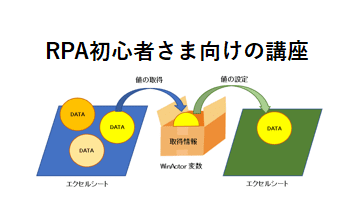

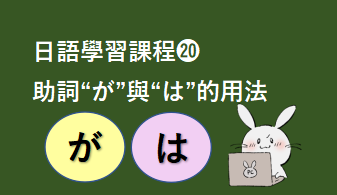

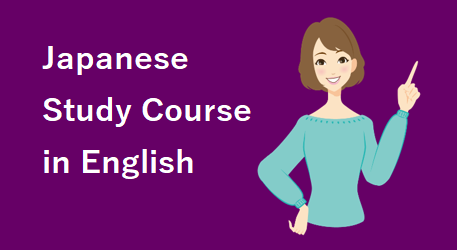



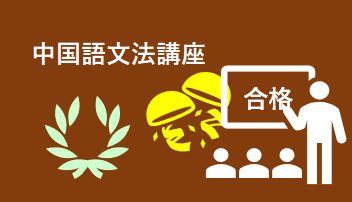
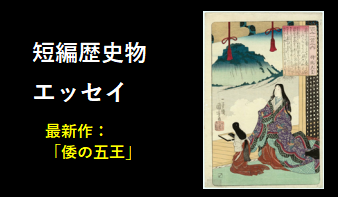
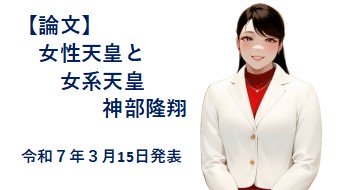
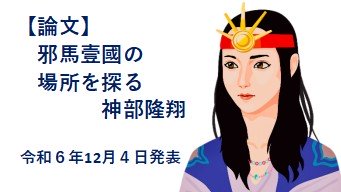


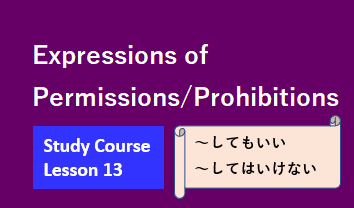

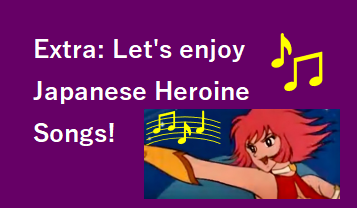
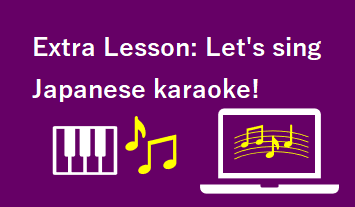
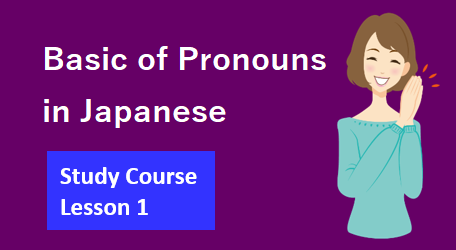
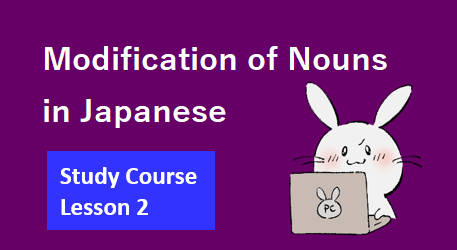

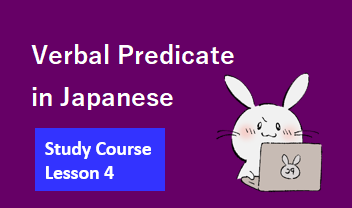
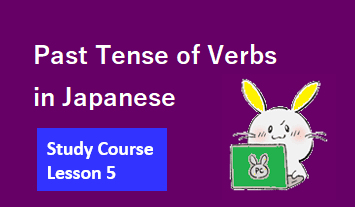
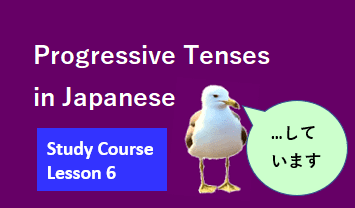
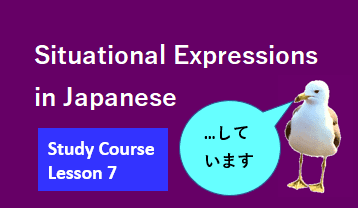
![❽Possible Expressions [1]](https://ryusho-kanbe.com/wp-content/uploads/2023/04/スクリーンショット-2023-04-03-100754.png)
![❾Possible Expressions [2]](https://ryusho-kanbe.com/wp-content/uploads/2023/04/スクリーンショット-2023-04-28-095816.png)
